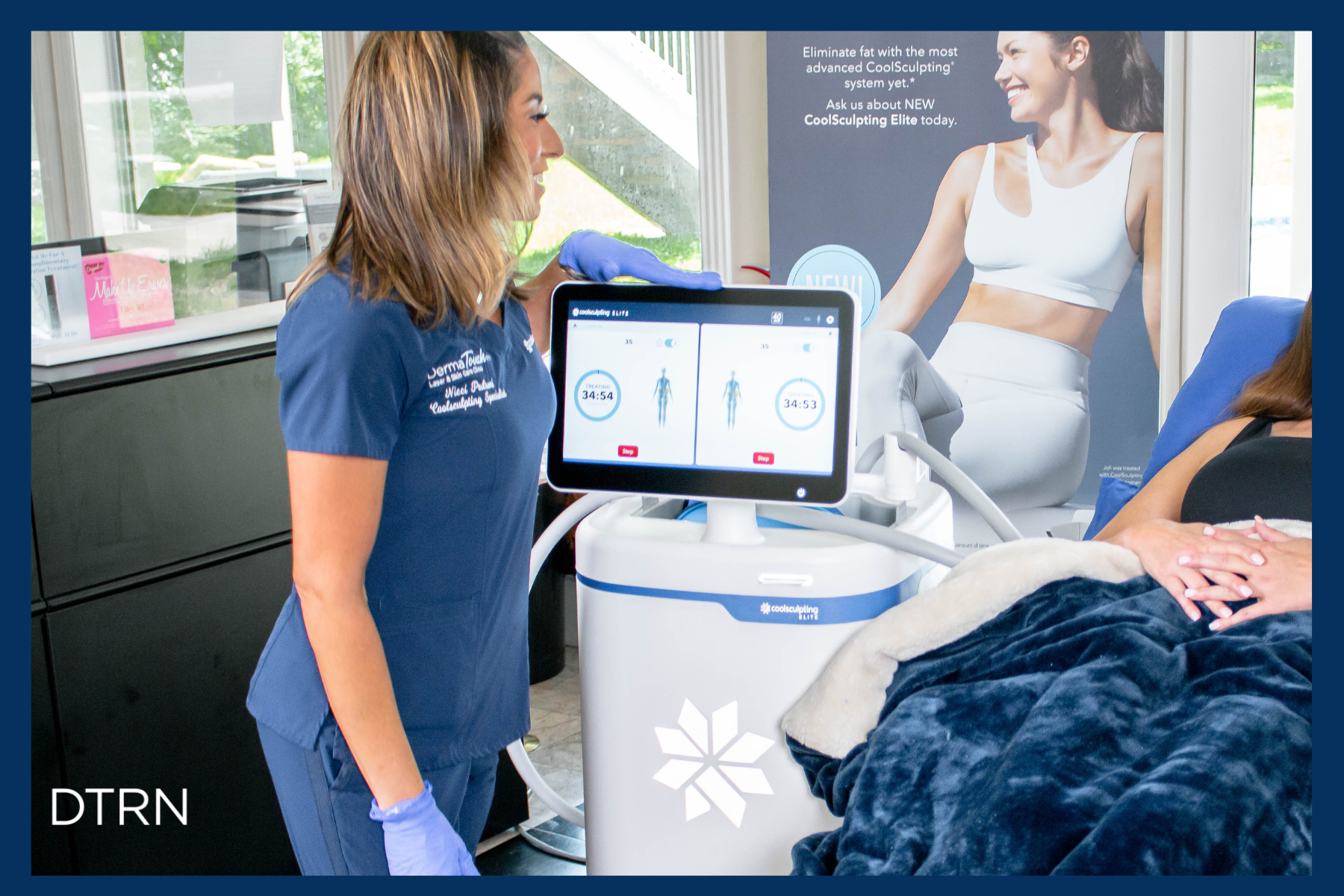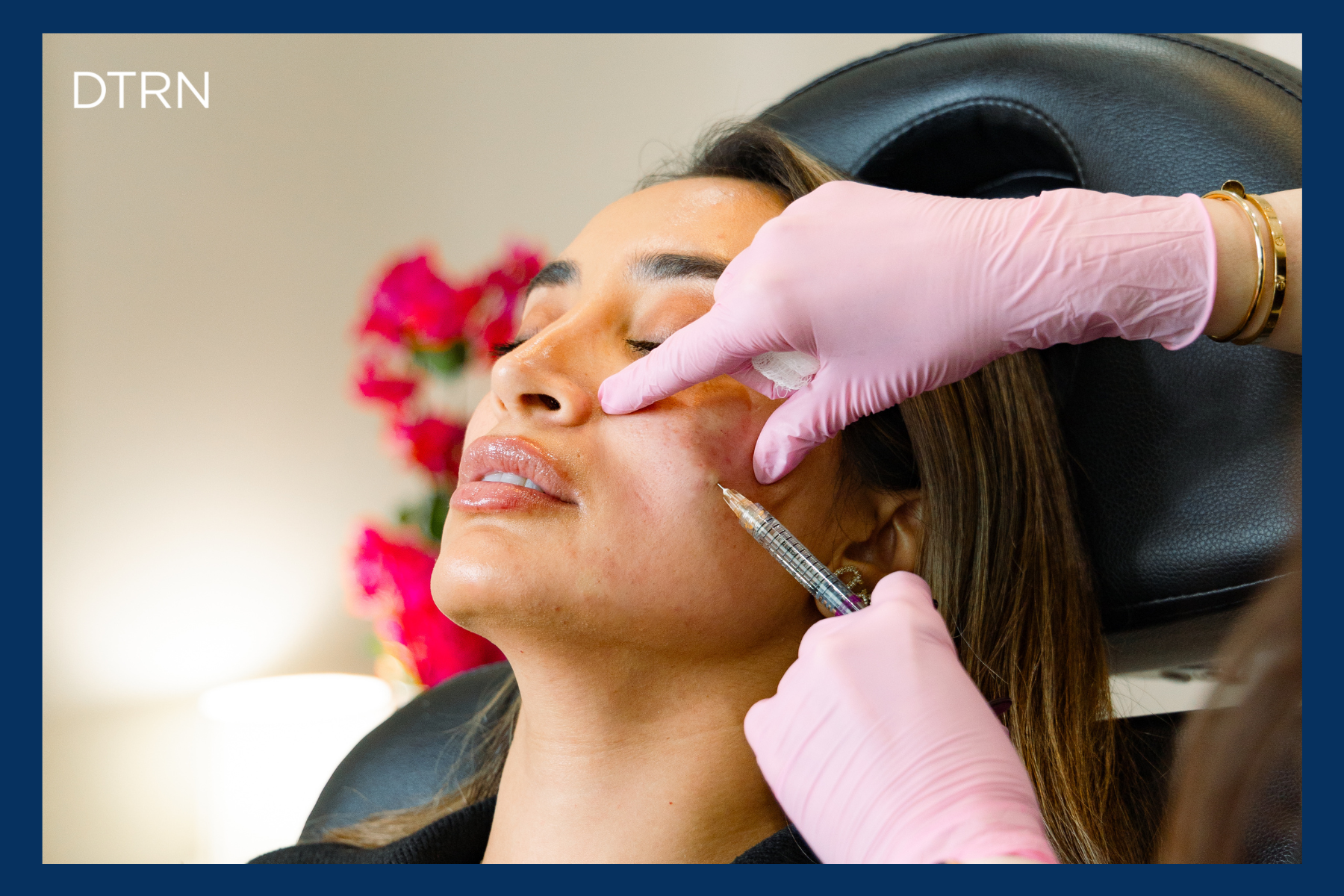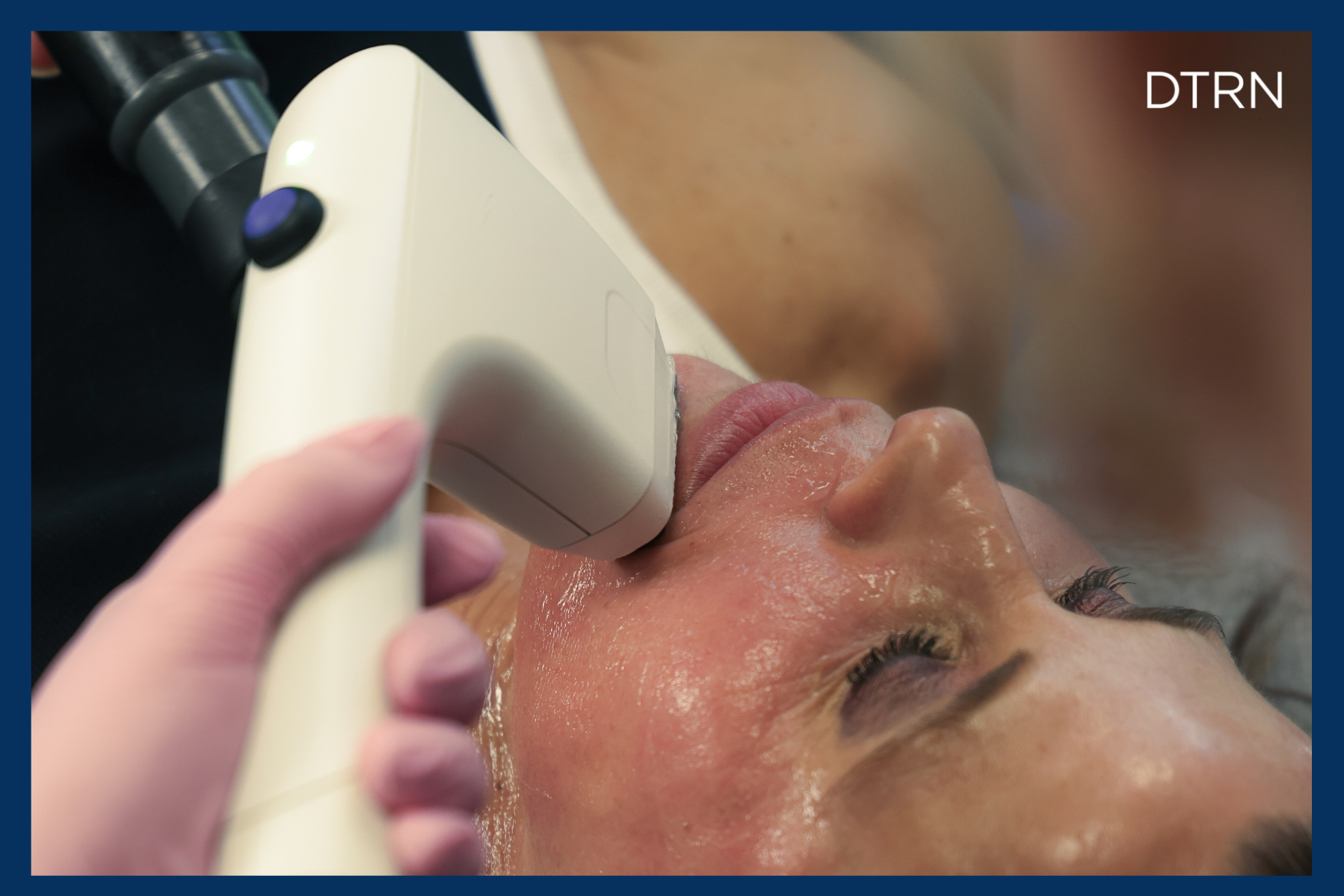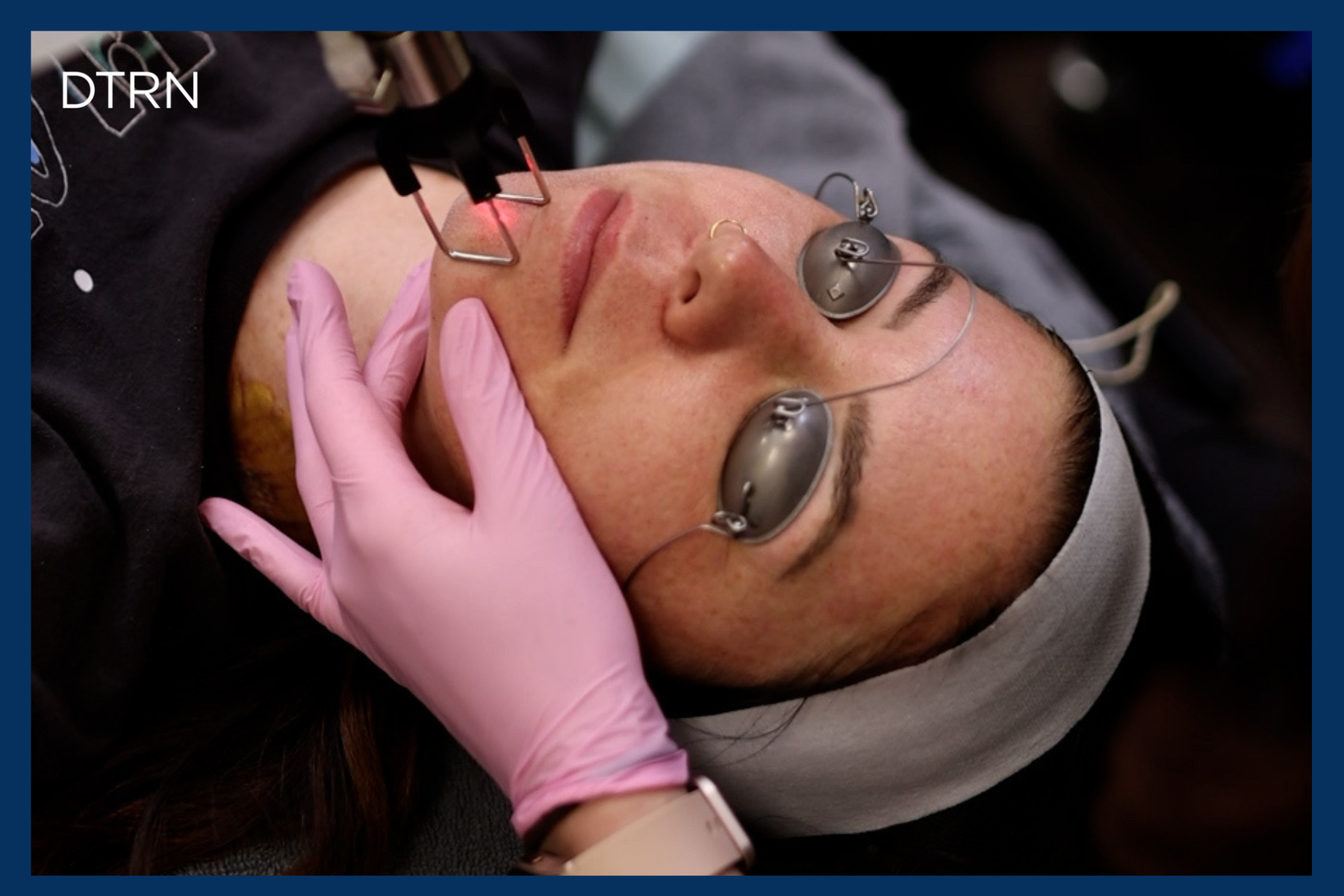Blog Page
Select Category
- CoolTone
- Injectables and Fillers
- Injectables and Filler
- Information
- houston
- halo
- fat reduction
- Eurothreads
- DySport
- diva
- DiamondGlow
- dermatouch rn specials
- dermatouch rn
- dermalinfusion
- Juvederm
- CoolSculpting
- Cool|Tone
- Chemical Peels
- Botox
- Body Contouring Procedures
- Blog
- bio-identical hormones
- Aesthetic services
- Acne
- lip fillers
- Cool
- Tone
- Sofwave
- SculpSure
- Voluma
- Vivace RF
- Vampire facelift
- Ultherapy
- Top Cosmetic Procedures
- tattoo
- Special
- Skinpen Microneedling
- skinmedica
- Skin Tightening
- Skin Rejuvenation Laser Therapy
- Skin Care Products
- Sexual Wellness
- Sculptra
- San Antonio
- RF Microneedling
- Restylane
- Qwo
- Microneedling
- MedSpas
- Medical Weight Loss
- Select lip fillers lip fillers
- Laser Vein Therapy
- Laser Treatments
- Laser Tattoo Removal
- Laser Hair Removal
- Kybella
Recent Posts
Select Month
- August 2025
- July 2025
- June 2025
- May 2025
- April 2025
- March 2025
- February 2025
- January 2025
- December 2024
- November 2024
- October 2024
- September 2024
- August 2024
- July 2024
- June 2024
- May 2024
- April 2024
- March 2024
- February 2024
- January 2024
- December 2023
- November 2023
- October 2023
- September 2023
- August 2023
- July 2023
- June 2023
- May 2023
- April 2023
- March 2023
- February 2023
- January 2023
- December 2022
- November 2022
- October 2022
- September 2022
- August 2022
- July 2022
- June 2022
- May 2022
- April 2022
- March 2022
- February 2022
- January 2022
- December 2021
- November 2021
- October 2021
- September 2021
- August 2021
- July 2021
- June 2021
- May 2021
- April 2021
- March 2021
- February 2021
- January 2021
- December 2020
- November 2020
- October 2020
- September 2020
- August 2020
- July 2020
- June 2020
- April 2020
- February 2020
- January 2020
- December 2019
- November 2019
- October 2019
- September 2019
- August 2019
- July 2019
- June 2019
- May 2019
- April 2019
- March 2019
- February 2019
- January 2019
- December 2018
- November 2018
- October 2018
- September 2018
- August 2018
- July 2018
- June 2018
- May 2018
- April 2018
- March 2018
- February 2018
- January 2018
- December 2017
- November 2017
- October 2017
- September 2017
- August 2017
- July 2017
- May 2017
- April 2017
- March 2017
- February 2017
- January 2017
- December 2016
- November 2016
- October 2016
- September 2016
- March 2016
- November 2000
How Much Fat Can CoolSculpting Elite Remove?
May I have your attention, please!?! Regardless of the time of year, we want to look and feel our best. So, no matter the…
How to Reduce Bruising After Injectable Treatments
Excessive bruising from Botox, dermal fillers, and other injectable treatments is rare, though it can happen. Here’s how to reduce bruising after these types…
Vivace Ultra: The Future of Radiofrequency Microneedling Is Here
Discover the latest innovation in radiofrequency microneedling, featuring Vivace Ultra’s advanced ultrasound technology. When it comes to skin rejuvenation, microneedling has earned its place…
How Many Units of Botox Do I Need?
If you’re considering Botox, you might be wondering, “How many units of Botox do I need?” This blog focuses on how many Botox units…
Understanding the Costs of Aesthetic Treatments
Aesthetic treatments are more popular than ever—but why do prices vary so much? In this post, we break down key cost factors to empower…
DermaTouch RN’s Advanced Laser Treatments: Halo Laser Treatment, MOXI, BBL, & More!
Read to help your skin look and feel its best with laser resurfacing? DermaTouch RN offers powerful laser technologies, including the Halo laser treatment,…


 August 21, 2025
August 21, 2025  DermaTouch RN
DermaTouch RN 





 PREV
PREV

